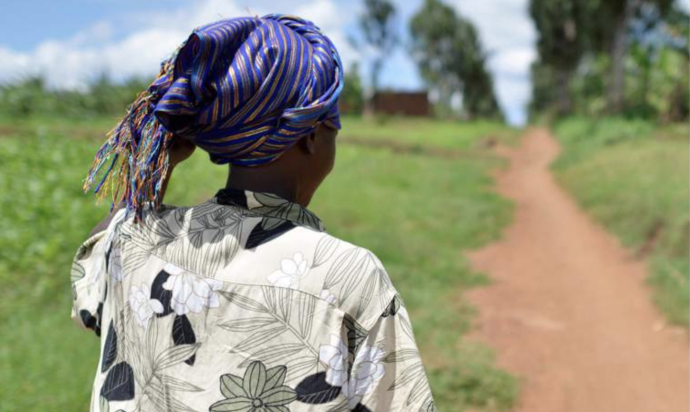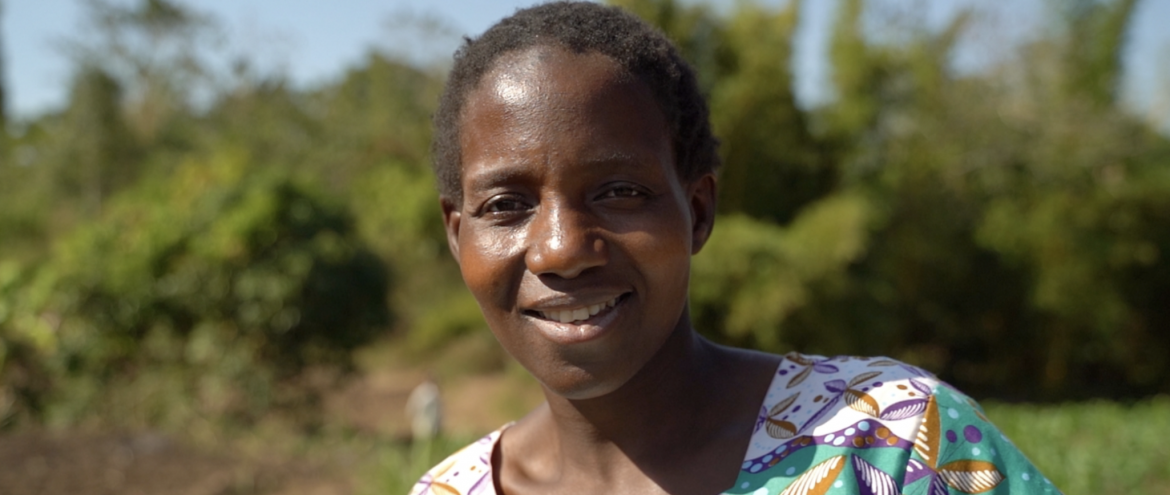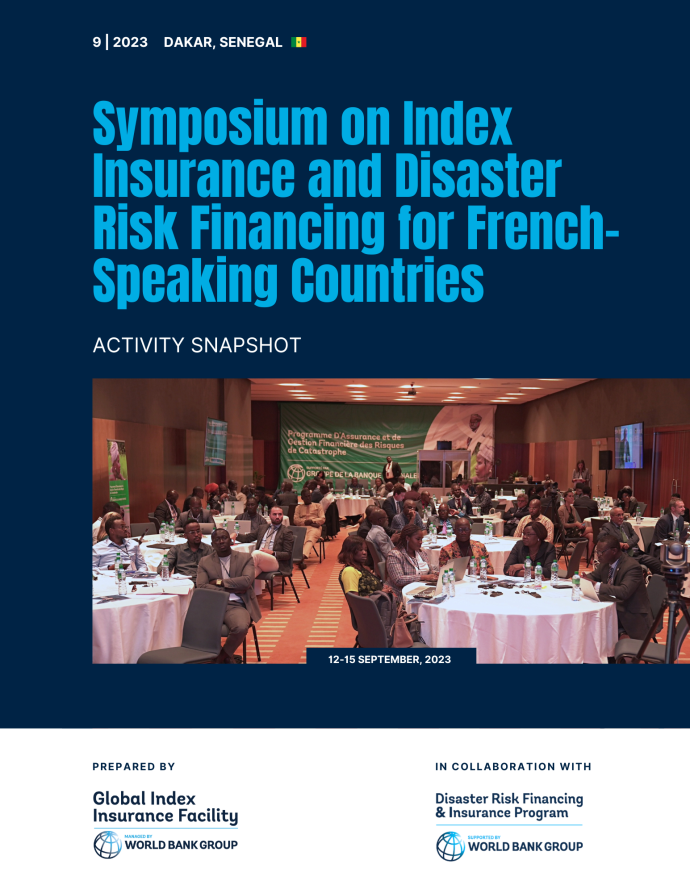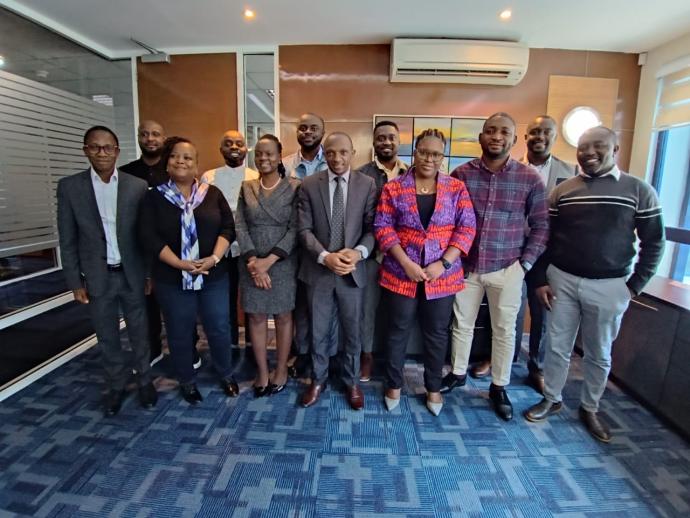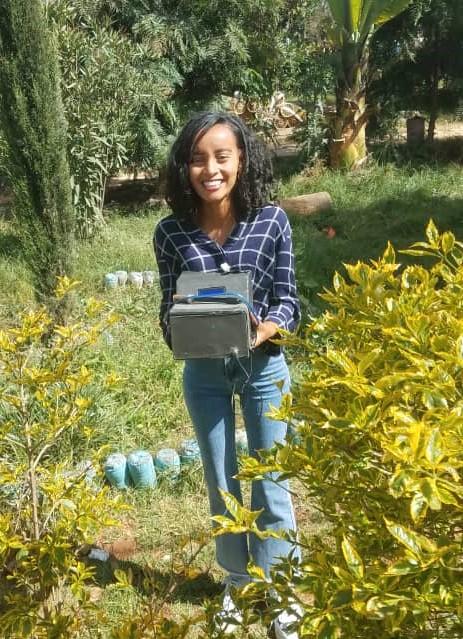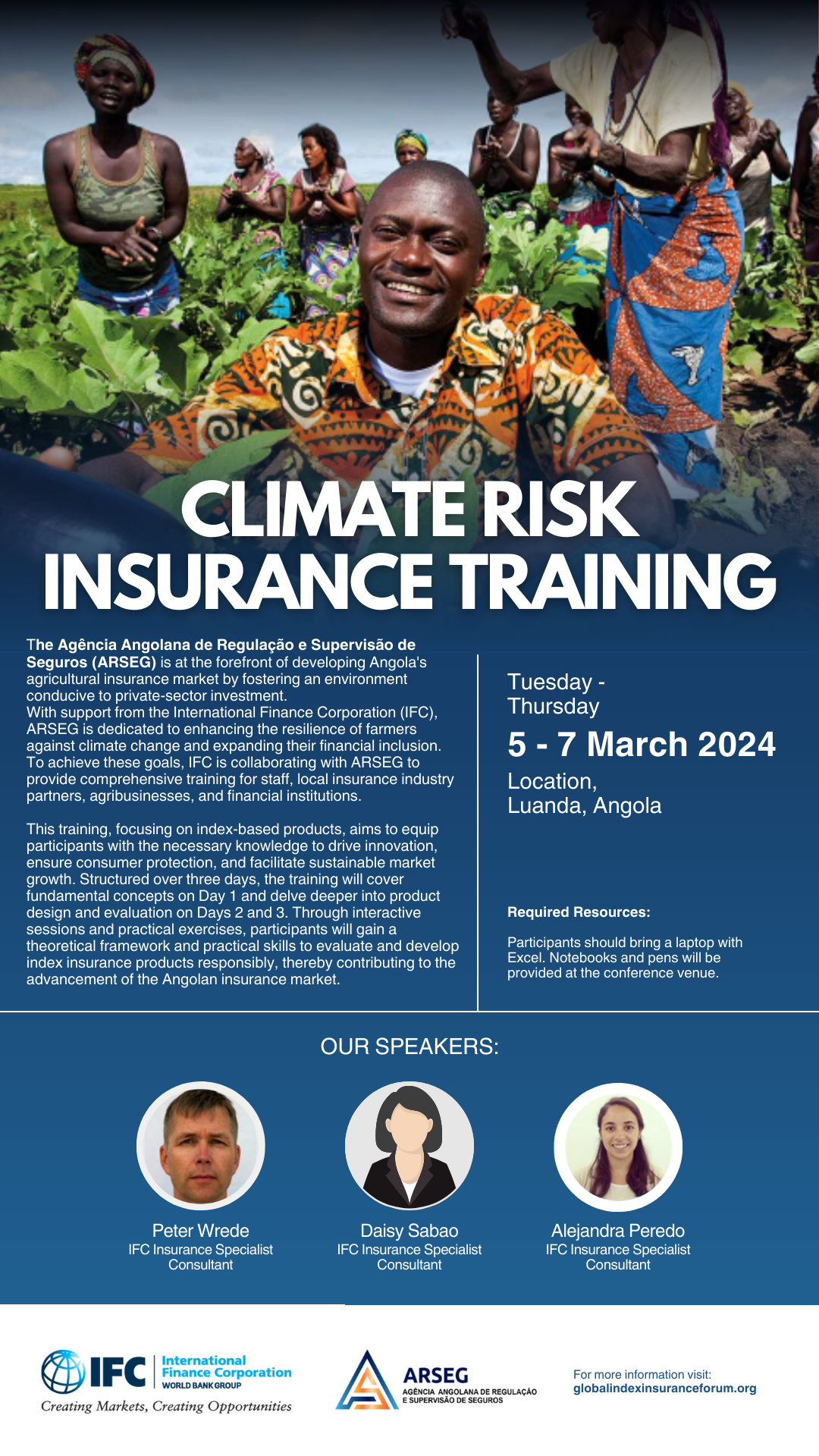
5
Mar
The Agência Angolana de Regulação e Supervisão de Seguros (ARSEG) plays a critical role in developing the agricultural insurance market by providing an enabling environment for private-sector investment in Angola. IFC is supporting ARSEG in developing an enabling environment for agricultural insurance to promote the resilience of farmers in Angola against the impacts of climate change and increase their financial inclusion. ARSEG keen on a holistic regulatory framework conducive to index insurance innovation, consumer protection and allowing for more sustainable market growth. As first step in

